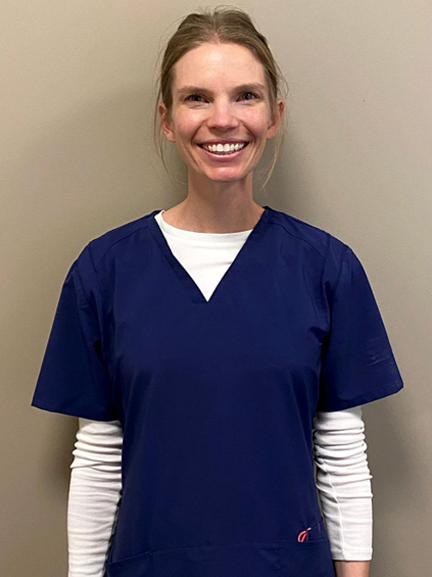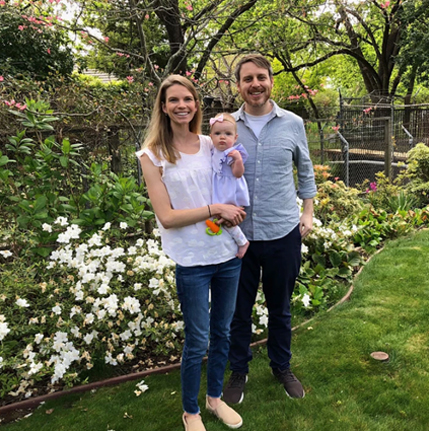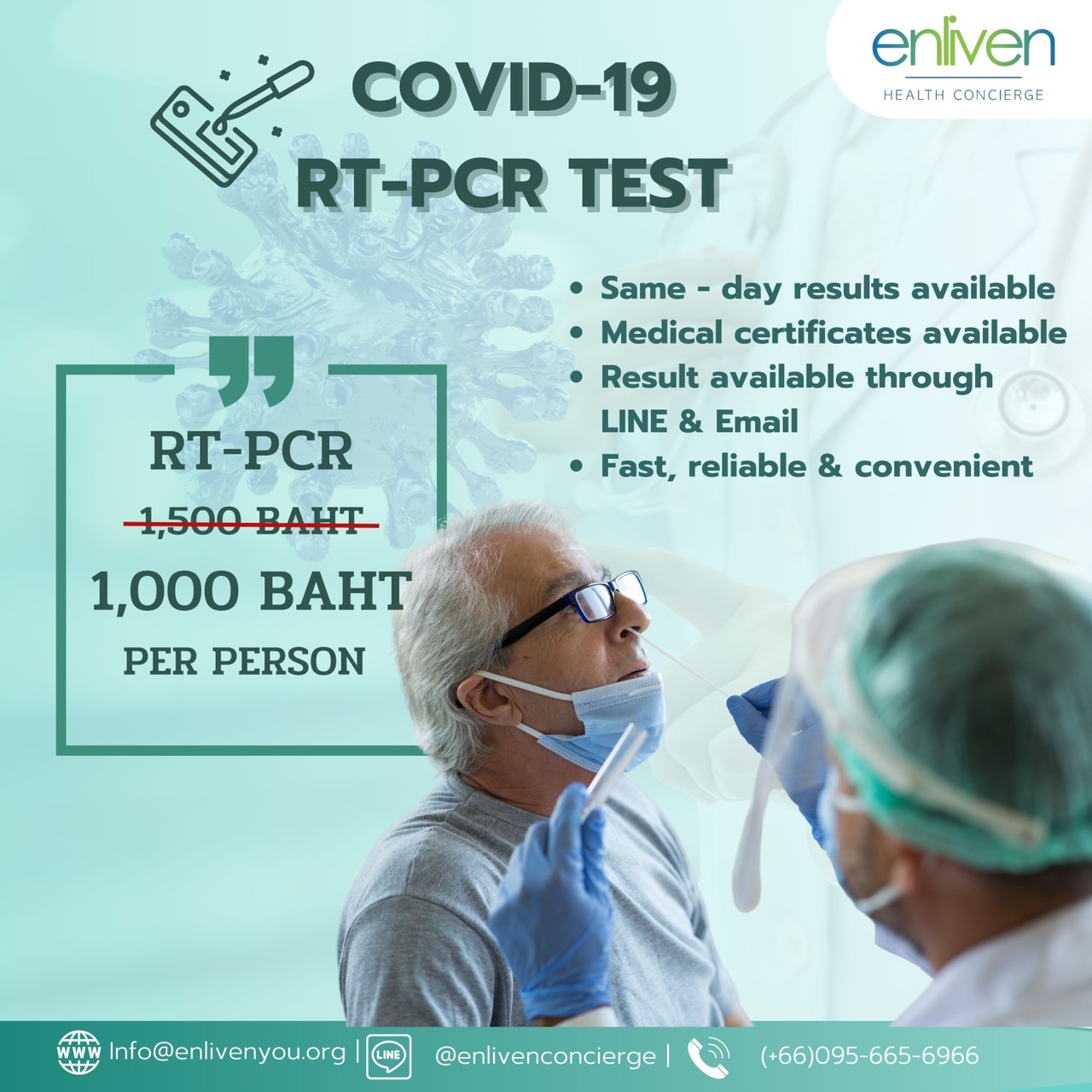My college roommate (and bestie!) Barbara Jenkins is a Nursing Supervisor at hospital in San Francisco, California. I think of her often because I know she puts her life at risk everyday when she goes into work. We finally got a chance to catch up and I realized that everyone would benefit from the information she shared because many may be wondering the same things I was about her and all the other heroes on the front lines. Before we get into discussion about the situation, I’ll have her introduce herself:

Tell us a bit about yourself.
Hi my name is Barbara and I am a nurse at a busy hospital! My family and I currently live in San Francisco and have been sheltering in place (SIP) for 7 weeks now. My husband works in tech and has been working from home since early March and we have a 7 month old daughter, Nora. Nora is not quite sure what is happening but enjoys spending extra time with her parents but is a little skeptical of us when we wear masks.
How did you get into nursing?
In college I worked in a medical research lab and enjoyed the work but wanted a more personal interaction. I started volunteering at the hospital and instantly knew that I wanted to become a nurse. I love caring for other people and being able to support them through difficult times. After finishing nursing school, I was able to work in many different hospitals in the US.
What is your day at work like now since COVID19 started?
It is very different. The emergency room has slowed down (maybe because of the fear of coming to the hospital), we have cancelled all elective surgeries and we have limited visitors. The halls seem eerily quiet. Right now, we have only a few COVID positive patients admitted a week. Because we have “flattened the curve” we have the time and resources to provide excellent care to our patients.

How do you feel about having to go to work on the front lines and coming home to a baby and husband?
It is a little bit stressful, but as nurses we take care of patients with many contagious diseases and I don’t want to bring any of them home to my family. I follow precautions at work, shower and change when I get home and monitor my temperature several times a day.
You have parents and grandparents that are over 60. What would you tell them to do now to stay safe?
I tell my grandparents to stay home but stay mentally and physically active. They like to sit on their front porch and wave at neighbors walking by. I have asked them to reach out to friends to help them with errands. They have figured out how to Zoom and look forward to seeing Nora during our Saturday morning “meetings”.
What would you advise to those that are immunocompromised?
Stay home if possible. Make sure the people you live with are also sheltering in place, washing hands, and following precautions. Be in close contact with your doctor.
Do people need to be scared to go to the doctor?
Don’t be scared to go to the doctor, if needed. There have always been sick people in the doctors’ office (patients with the flu, RSV, etc). If it could be done virtually that is great, but some issues need to be addressed in person. We went to the pediatrician in early March for Nora’s 6 month appointment. They removed the toys from the waiting area (I have always been nervous about the germs on those) and really separated well babies from sick babies). The staff took precautions to keep themselves and us safe.
Do you think that only essential staff and emergency cases should be going to a hospital nowadays?
If you need urgent medical care, come to the hospital. Please don’t delay care that you need because of COVID. We don’t want patients to get sicker at home because they are scared to come to the emergency room.
What does it mean to be asymptomatic and why is this so dangerous?
Asymptomatic is when people develop no symptoms but are active carriers of the virus. Some people are presymptomatic meaning that they currently have no symptoms but are infected and are incubating the virus. Then there are the mildly symptomatic people who may attribute their symptoms to other illnesses or allergies but the people they may infect can become very sick. All three of these categories of individuals are dangerous because they can unknowingly infect others with COIVD19.
What does it take for a COVID19 patient to get discharged from the hospital? Do they have to test negative?
Not all positive patients are in the hospital, many patients are self quarantining at home. If you do need medical assistance for a period of time, you do not need to be negative to be discharged. Some patients are able to return home but San Francisco also has hotels and nursing homes dedicated to housing COVID positive individuals.
How do you think life will change post-COVID?
Healthcare will change. There will be less people in the hospital and everything will move towards virtual care.
What are the drawbacks of healthcare moving towards virtual care?
It can be harder for some people to access if they are not set up with computers, cameras and online health accounts.
If there was one thing you could do if you were in charge to make the situation more manageable for front line workers, what would it be?
To be consistent. I feel like a lot of the initial panic was due to inconsistent messages and guidance. In the US, we do not have a national healthcare system and different healthcare systems are still responding differently. Companies are using different tests and have different protocols.
What’s the most heartwarming thing you’ve seen since covid19 began?
How our community has come together. Yesterday our neighbor turned 6 years old and his friends drove by his house in their decorated cars to celebrate with him.
Is there any advice you have for the general population?
Stay home, stay safe!
Thanks so much for your insight, Barb! I’m sure your information will help everyone that reads this in one way or another. Stay safe and thank you for being a true hero on the front lines.
Interview led by Devi Bajaj
Founder & Director of Enliven Health Concierge

